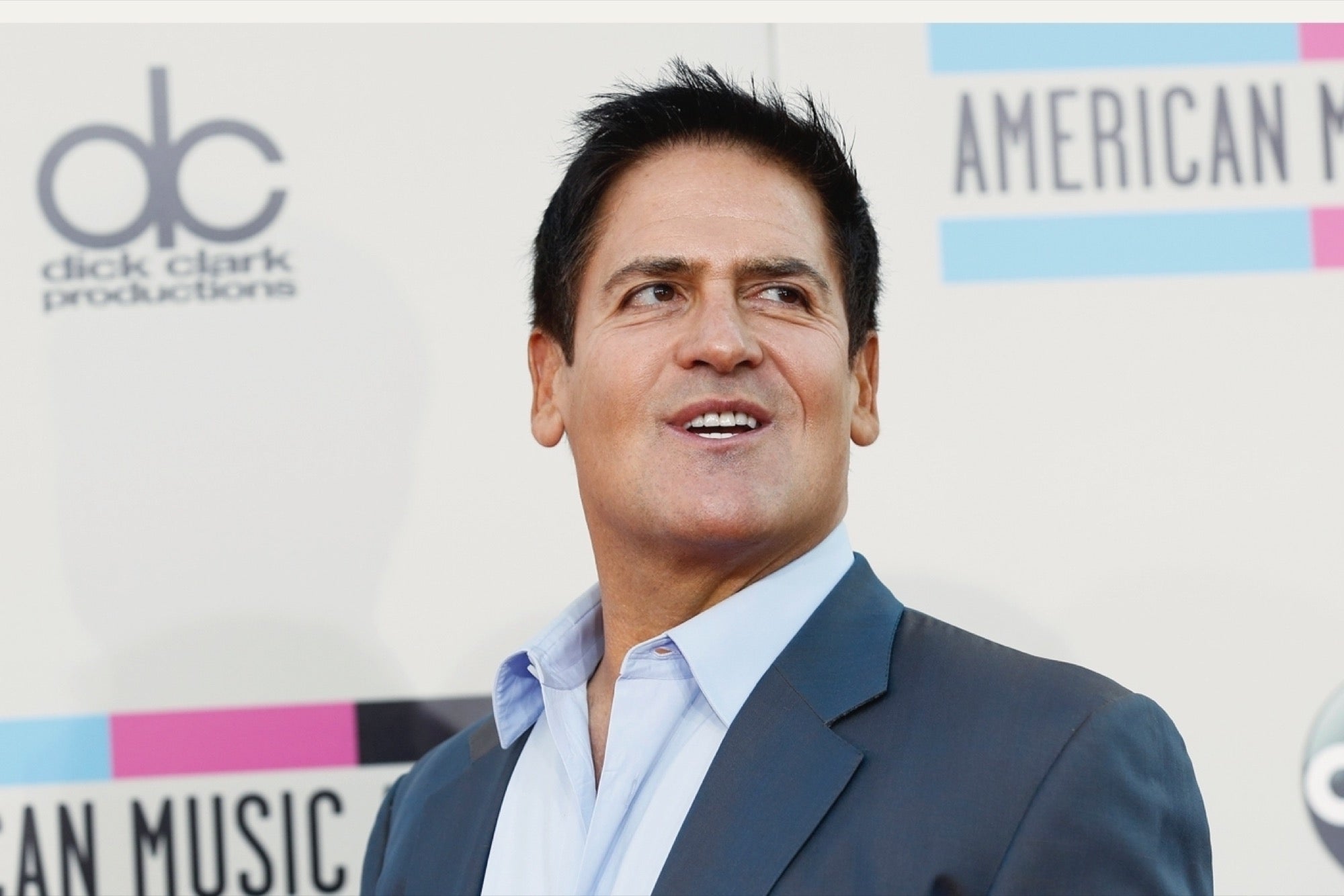The Legal Advice Mark Cuban Didn't Take But that doesn't mean you -- and your business -- should follow suit.
By Steve Cook Edited by Dan Bova
Opinions expressed by Entrepreneur contributors are their own.

Whether they provide transactional counsel or focus on litigation, lawyers are paid to advise their clients on how to handle situations with legal bearing. But just because a lawyer suggests that an entrepreneur do something doesn't mean they will.
Even advisors and investors offer advice that isn't always well-received. "My worst entrepreneurs listen to everything I say and do it that way. My best entrepreneurs listen to me and do as they please," Barbara Corcoran says.
Related: Regulation Jiu-Jitsu: How These Two Ladies Made an Illegal Business Legal
The situation: In June, 2004, Mark Cuban, Dallas Mavericks owner and Shark Tank investor, sold his six-percent stake in Mamma.com, a Canadian Web search company. Around the same time, he received a call from the SEC about the possibility that an infamous stock swindler was involved with the company.
Cuban insisted he be the only one (barring lawyers, etc.) to speak to the SEC, Cuban Companies General Counsel Robert Hart recalled during an event hosted by The Texas Lawbook. In the spirit of cooperation, Cuban handed over to the SEC every trading document, filing and email he had related to Mamma.com.
A couple of years later, the SEC called to say they were investigating Cuban for insider trading related to Mamma.com.
The SEC claimed Cuban received and acted upon insider information from Mamma.com CEO Guy Fauré and avoided a $750,000 loss by selling all of his shares one day before the company announced a private stock offering, which diluted the value of the shares.
The advice: Cuban's lawyers, including Hart, urged him to settle. They said the stress and cost of litigation wasn't worth his time -- whether or not he was guilty.
The response: He ignored his lawyer's advice and refused to settle.
The outcome: Years after Cuban offered his cooperation to the SEC as they investigated Mamma.com and following a seven-year legal battle, a federal jury cleared Cuban of insider trading charges Oct. 16, 2013.
Related: Protect Your Brand, Oprah Style: 5 Legal Strategies She Uses (And You Should, Too)
Mark Cuban is probably the exception
Ignoring legal -- as opposed to business -- advice can be really tricky. An officer of a corporation, such as a CEO, president, vice president, etc., often owes a duty of care to the corporation and shareholders. This duty of care generally requires an officer to be reasonably informed, act in good faith and exercise rational judgment. If an officer negligently breaches that duty of care, the officer could be held personally financially responsible for any damages they caused. Depending upon the circumstances, ignoring legal advice could likely be considered breaching the duty of care.
But what's the distinction between legal advice and business advice? Although there's no bright-line rule, if the advice at issue involves interpreting the law, it's likely legal advice. In contrast, if the advice is related to negotiations or business strategies, it's probably business advice.
Think, don't just act
Don't be a know-it-all. Most of the time, you'll want to listen to your lawyer. If you don't take legal advice and you lose, you'll probably be out of a job and could face a lawsuit filed by your former company or its shareholders.
Just because a billionaire was successful -- despite ignoring legal advice -- doesn't mean you will be, too.










